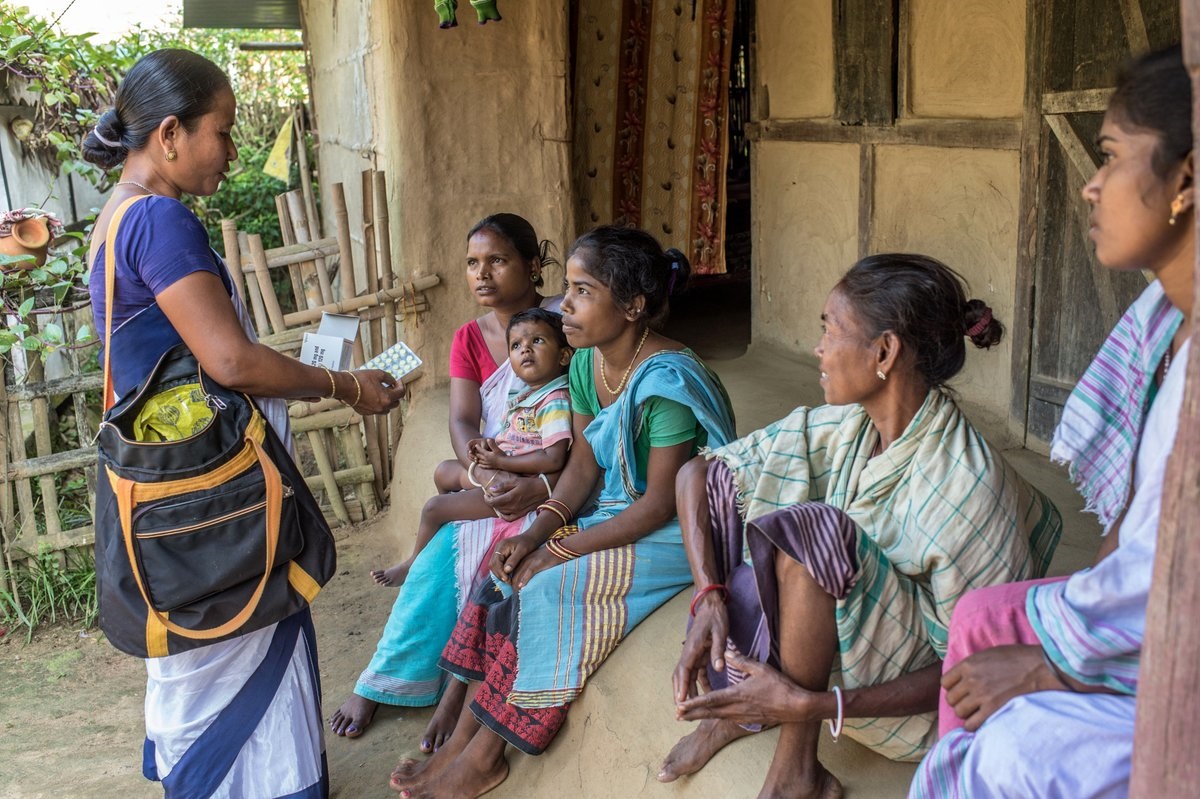Health Promotion Strategies
Advocacy for Health is a combination of individual and social actions designed to gain political commitment, policy support, social acceptance and systems support for a particular health goal or programme. Advocacy is one of the three major strategies for health promotion and can take many forms including the use of the mass media and multi-media, direct political lobbying, and community mobilization through, for example, coalitions of interest around defined issues. Health professionals have a major responsibility to act as advocates for health at all levels in society.
Mediation: In health promotion, a process through which the different interests (personal, social, economic) of individuals and communities, and different sectors (public and private) are reconciled in ways that promote and protect health. Producing change in people’s lifestyles and living conditions inevitably produces conflicts between the different sectors and interests in a population. Such conflicts may arise, for example, from concerns about access to, use and distribution of resources, or constraints
on individual or organizational practices. Reconciling such conflicts in ways which promote health may require considerable input from health promotion practitioners, including the application of skills in advocacy for health.
Enabling: In health promotion, enabling means taking action in partnership with individuals or groups to empower them, through the mobilization of human and material resources, to promote and protect their health.
(Reference: Report of the Inter-Agency Meeting on Advocacy Strategies for Health and Development: Development Communication in Action. WHO, Geneva, 1995)
From Ottawa Charter 1986 to Helsinki Statement 2013
Bhutan Country Experience - National Health Promotion Strategic Plan 2015-2023
.tmb-479v.jpg?Culture=en&sfvrsn=783b26d4_1)












